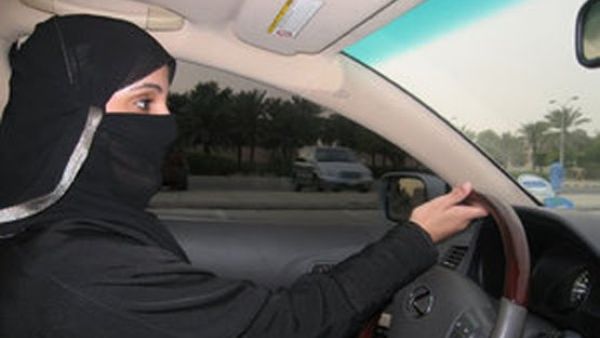On November 20, residents of the Saudi capital Riyadh were given a shocking surprise when ten young girls were found in the wreckage of a flipped car. The car, driven by the oldest female, was found in the north-eastern part of the capital city. Five were killed and five were severly wounded.
Saudi Arabia restricts females from ever sitting behind a wheel. This means the car accident was not just a loss for the community, but also raised many eyebrows over the issue of women driving illegally.
Ever since driver licenses have been granted, the right for women to drive has been a heavily contested issues across all parts of Saudi society including among the royal family.
Some may see this case as a reason to continue current restrictions of women driving but female professor Dr. Badriya Bishar disagrees. Instead she believes that as the need to drive becomes greater and greater, more women will illegally venture onto the roads inautomobiles without the proper training or knowledge. The result is more ill-equipped women on the road posing a danger to not only themselves but other drivers.
Opponents of females driving cite other reasons beyond gender-based incompetence such as women driving would decline in traditional values, crowd streets and thus deprive men of driving, or that traditional female attire would restrict their vision of the road.
The issue of women driving stems from two principles within conservative Islamic culture. The first is the religious disagreement about gender mixing or ikhtilat. This issue pulls from both conservative religious ideologies. Sheikh Ahmad Qassim Al-Ghamdi, chief of the Makkah region's mutaween (religious police), has said prohibiting ikhtilat (gender mixing) has no basis in Sharia. Meanwhile, Sheikh Abdul Rahman al-Barrak, another prominent cleric, issued a fatwa (religious opinion) that proponents of ikhtilat should be killed. This religious conviction combines with cultural notions of gender roles in which women play subordinate to men. To allow female drivers would implicitly give permission for women to leave their households and potentially mix with non-mahram (unrelated) men, violating Sharia law, and also offer them equal opportunities, essentially changing their socioeconomic position.
Within the female community, efforts have been made to educate themselves on how to drive. A well-known trend across Saudi Arabia is the growing number of women who go to either relatively non-patrolled suburbs or rural areas where driving prohibitions for women are unenforced in order to learn how to drive. In an effort to stop this, in 2010 a nation-wide women-only bus service was put into consideration to divert women from taking to the streets independently.







